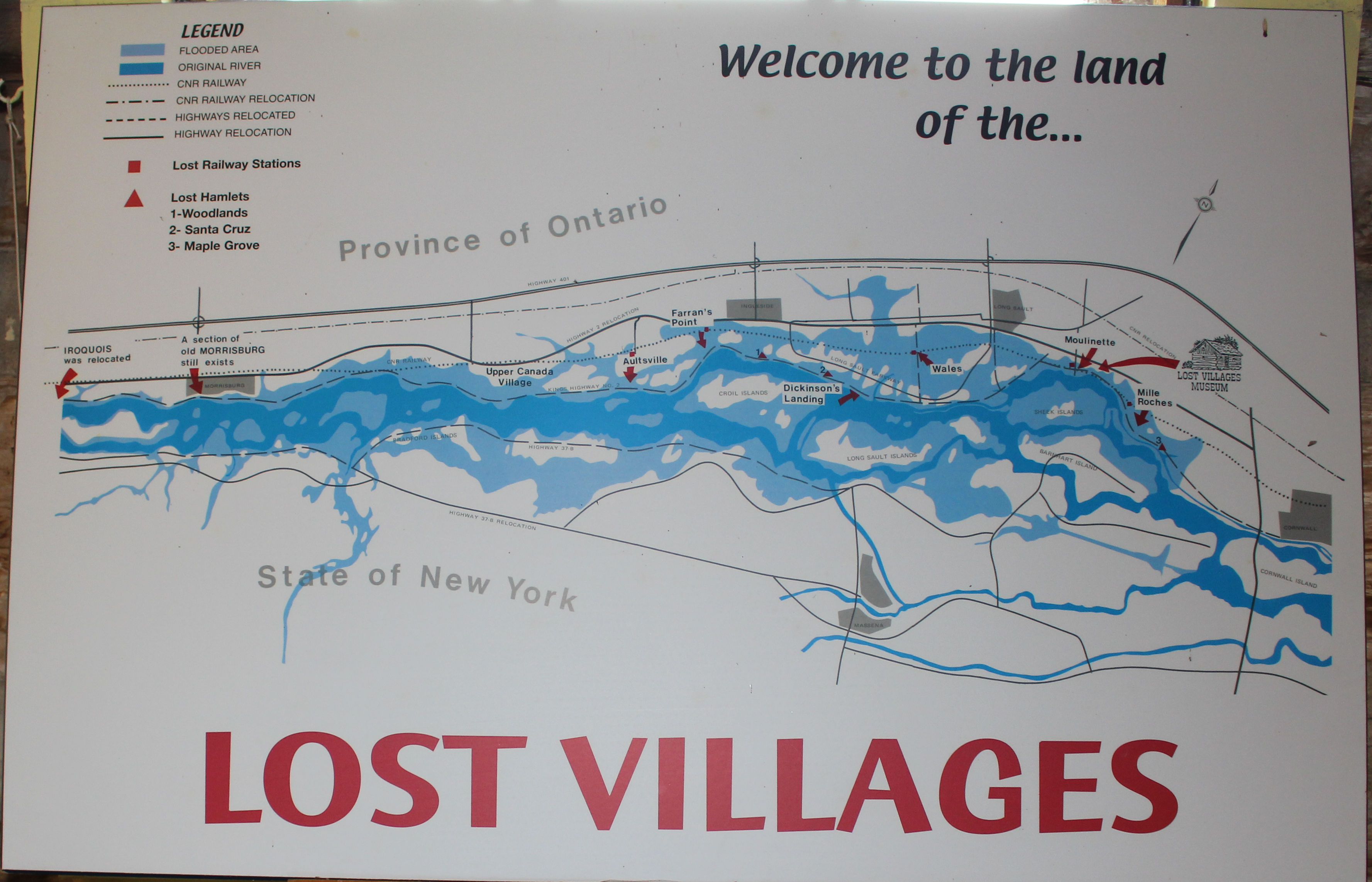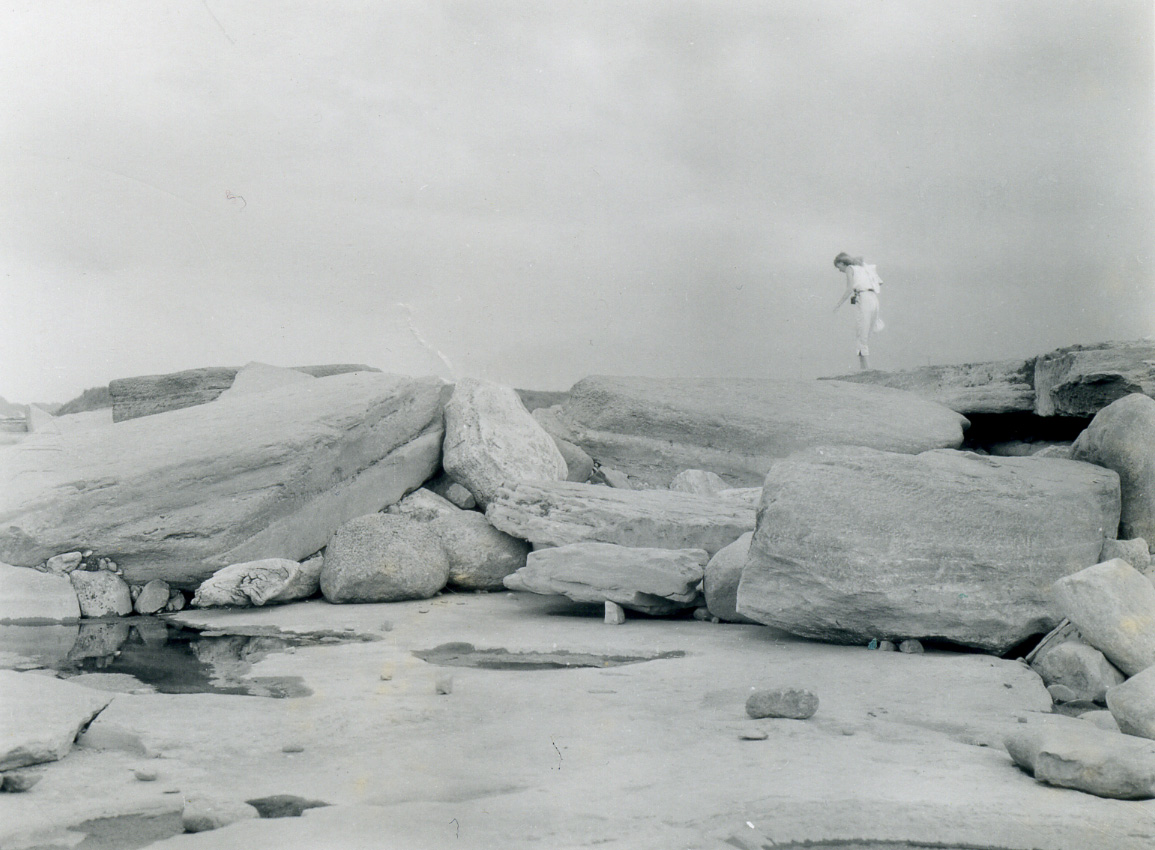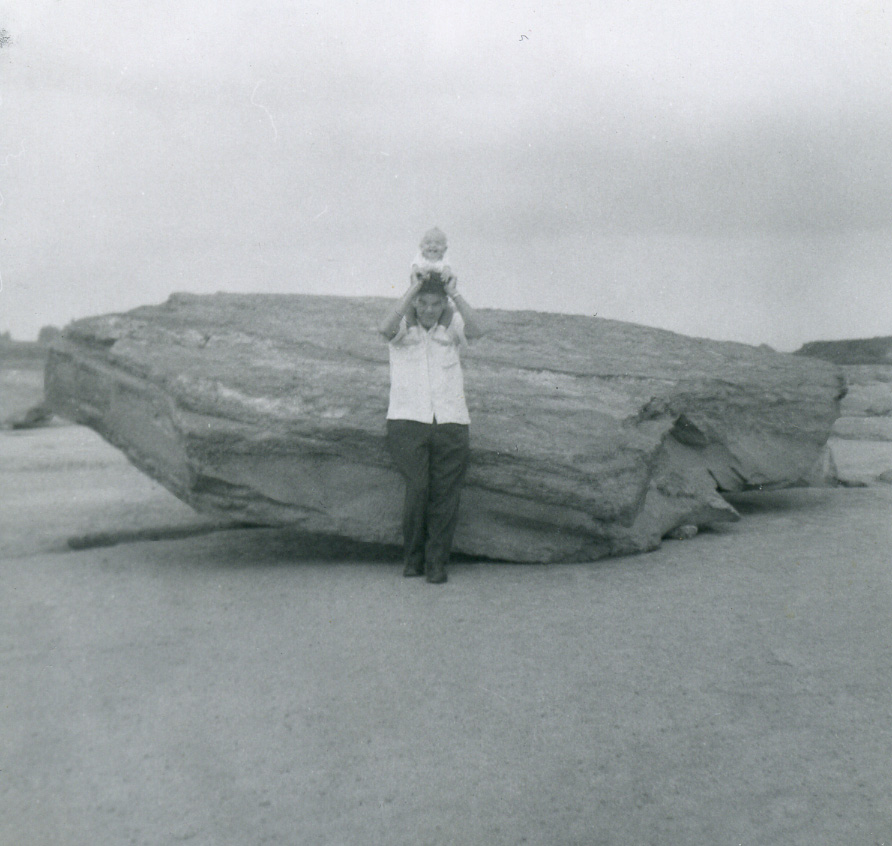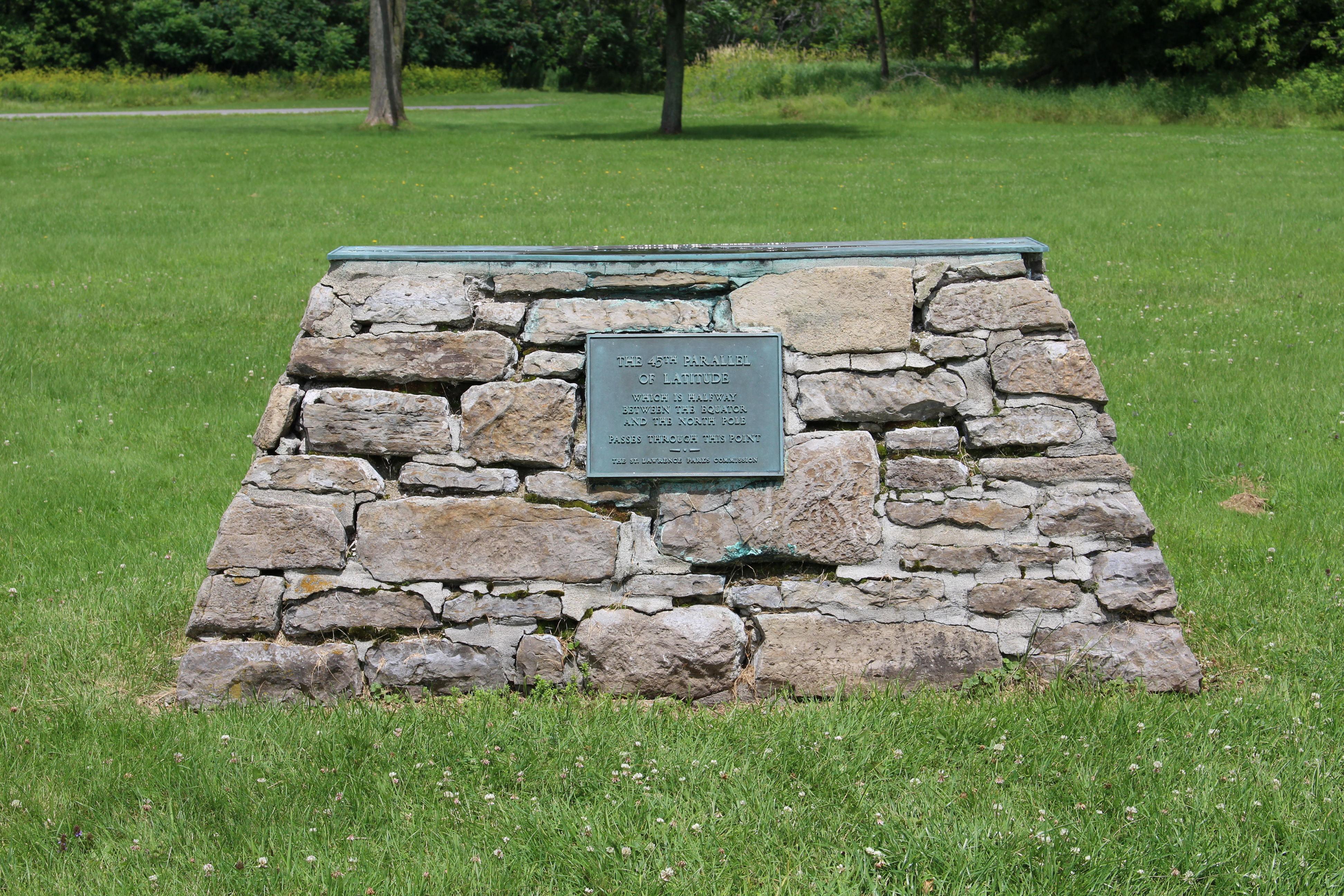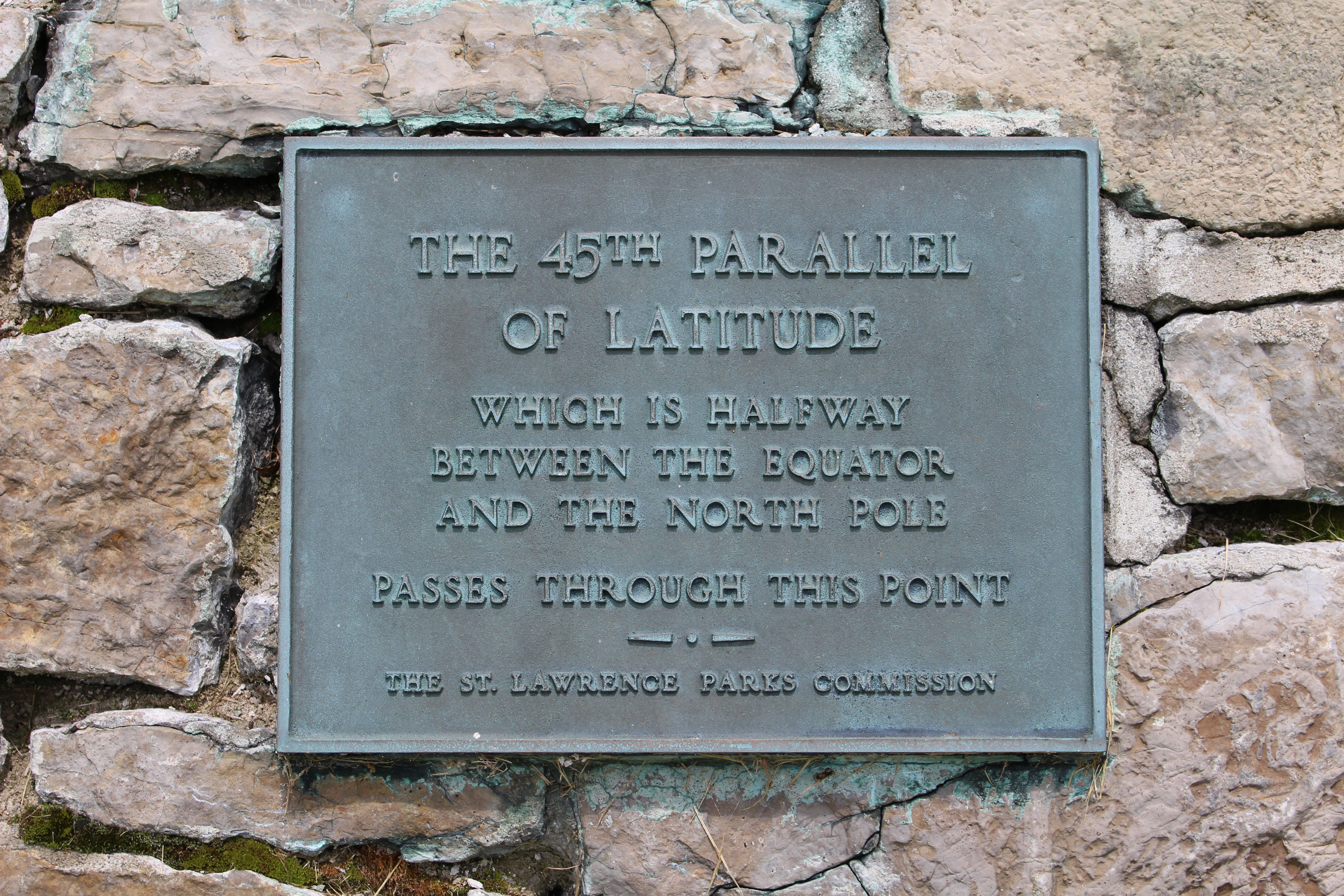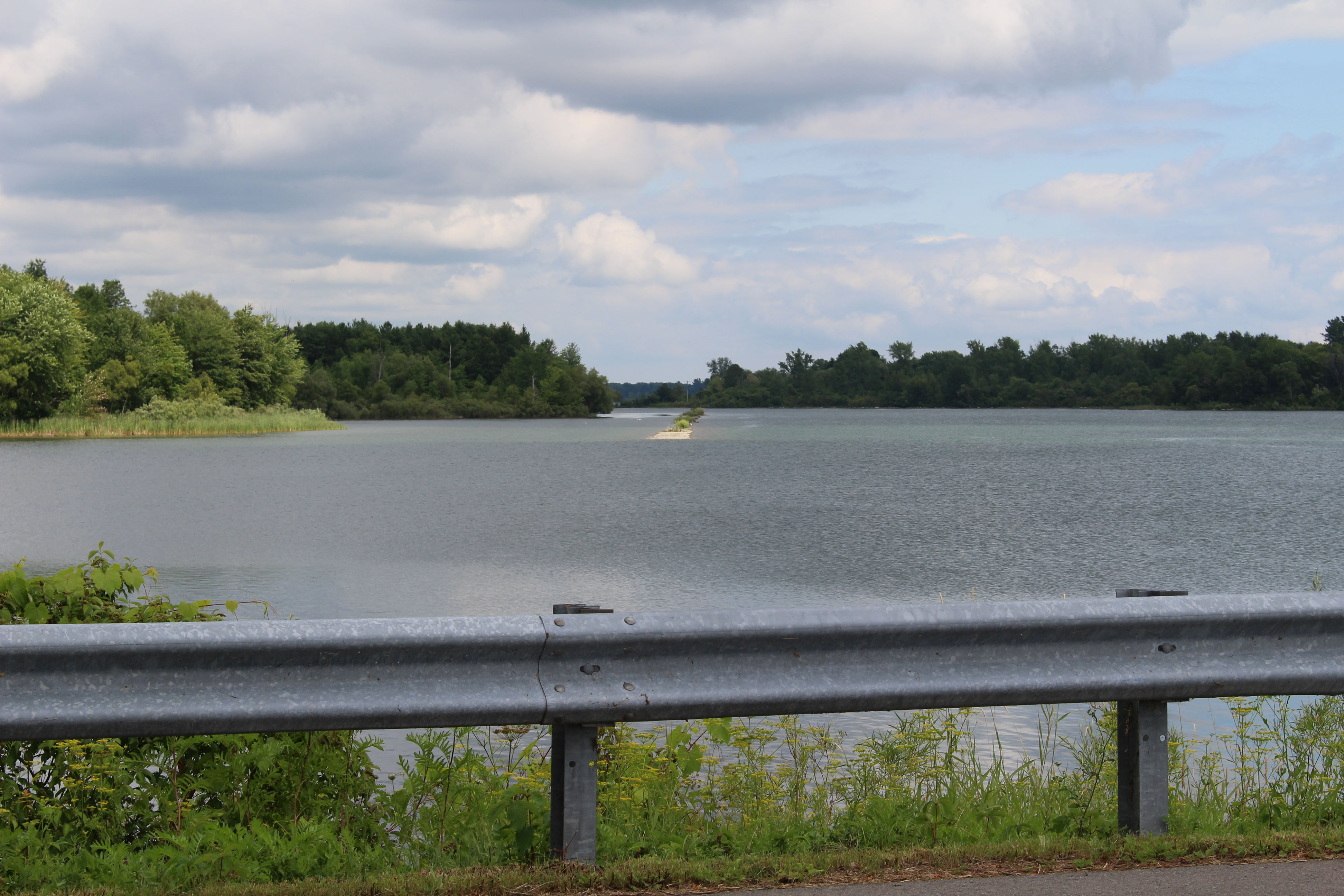Welcome Mystery Maven, Maggie Wheeler
I’m pleased to welcome local author, Maggie Wheeler to Celtic Connexions! Sit down, make yourself comfortable and we’ll get started. I’ve got water here on the side table so if you feel the need, say the word. I know I tend to get dry when I do a lot of talking so I assume you do, too.
For the benefit of those who don’t know you, could you share a bit about yourself (50 or so words) before we get started?
It’s always hard for writers to write about themselves! I’m a native of Central Ontario but Eastern Ontario has been my home for most of my life. I have three wonderful daughters and a beagle named Bagel. I currently call Brockville, the River City, my home on the St. Lawrence River.
How long have you been writing?
Personally, my whole life. Professionally, about 20 years including 15 with mystery fiction.
What got you interested in writing, and what inspired you to write your first book?
An early love of reading translated into a childhood dream of being a writer. I loved Composition in public school, and was always dreaming up stories of my own. The first book materialized when I was running a corporate communications business in the 1990s. I had everything I needed in my home office to work on the book and had been thinking of doing it for years. I was and am a great fan of mystery fiction, so I started work on a mystery novel of my own.
Which comes first for you – characters or plot?
Plot. Absolutely. With mystery fiction, I’m a traditionalist—weaned on the likes of Christie, Sayers and Conan Doyle. The mystery is the point, so I begin with what I call my plot formula: X + Y = Z. This person kills this person for this reason. Once I have that, everything else must work to support it and help the reader figure it out—or take them on a wild goose chase, legitimately, of course!
Names are important. How did you decide on your characters’ names?
Many of the names in my first novel A Violent End come from my family. For example, Farran’s father’s name (Hal Leonard) is a composite of my father’s and paternal grandfather’s first names (Harold and Leonard). Others I have taken from books on hand in my personal library.
How long did it take you to write your first novel?
About 2½ years. I did research around the needs of my young family and my business for two years. When I finally sat down to write out the story, it took three months for the first draft.
Did it require lots of research and did you have difficulty finding the information you needed?
Yes, I did a lot of research. The story was going to showcase a painful time in my community’s history so I had to get it right. I started with interviews with people from the Lost Villages, followed by book research and lots of time on the Cornwall Public Library microfilm with the back issues of the Cornwall Standard Freeholder. The Lost Villages Historical Society was also very helpful. It wasn’t difficult more than time-consuming. It had been 40 years at that point since the completion of the Seaway construction, and people seemed ready to talk about it.
There are currently four books in the Farran MacKenzie Lost Villages Mysteries series. Will there be more?
Yes. This fall, I am beginning Book Five in the series that will bring back all the regular characters and also work in the amazing history of the British Home Children through Farran’s family tree.
Any humorous moments/incidents during your research you can share? (I’m thinking of the one you mentioned at Writer’s Ink when you went to the police detachment talking murder)
There were many memorable moments for me over the years, especially doing the research for the first book. You learn as you go! Two that come to mind involve the Ontario Provincial Police (OPP) and Upper Canada Village.
One afternoon, my ex-husband was going to be home so I left the children with him and scooted off to Long Sault, to the OPP detachment that Jerry Strauss works out of in the books. I had a police procedural scene in the second chapter concerning where the body is found. I felt more comfortable than average with the Long Sault detachment as that was where my father had worked years before. With no advance call, I walked into the OPP station and asked to see an officer for information about homicide procedure. Still don’t know why they didn’t arrest me…A young constable took me to the interrogation room and tried to interrogate me/answer my questions. After a few unproductive minutes, a sergeant came to the door and escorted me down the main hall to another room where I asked all the same questions to the sergeant and another officer. Finally, it dawned on me that perhaps I looked suspicious. I took out a newspaper clipping with the announcement of my project and told them I was harmless, just an author. The sergeant smiled and said he was running my licence plates through the system as we spoke and would shortly find out just how harmless I really was! At that point, I was grateful for having a police officer for a father, because he’s made me toe the line growing up and my record was clean! I got to go home!
Another time at Upper Canada Village, I was “casing” the saw mill where the first murder in the present day takes place. Eventually, all the other tourists were gone and the village interpreter came up to see if I needed help or if he could answer any questions. Standing beside the great gears churning in the water, I asked him this: If you were standing here with someone and threw them into the gears to kill them, would it stop the gears? I can still see the look on his face…but he answered (after moving away a bit) and said what is in the book. “The river runs it. You’d have to stop the river.” I’m sure they still talk about that in the staff room, under most amazing questions asked!
Thanks so much for agreeing to this interview. It’s been wonderful hosting you here today. I do have one final question for you though.
What book are you reading now?
A Shadow in the Past…have you heard of it??
Maggie’s Books
A Violent End
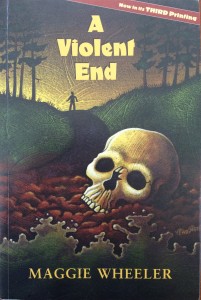 Following the death of her mother, university history professor Farran Mackenzie begins searching for her parents’ past in the Lost Villages of the St. Lawrence Seaway. Her arrival surprises the old-timers, and stirs up memories amongst the former villagers, many of whom were already rattled by the recent reappearance of Farran’s father ─ from beneath the waters of the St. Lawrence where his body had unknowingly lain since the flooding, forty years before. Then, when a friend of her parents dies in a suspicious accident soon after her arrival, Farran is forced to put her research skills to new use, before her father’s murderer finds her.
Following the death of her mother, university history professor Farran Mackenzie begins searching for her parents’ past in the Lost Villages of the St. Lawrence Seaway. Her arrival surprises the old-timers, and stirs up memories amongst the former villagers, many of whom were already rattled by the recent reappearance of Farran’s father ─ from beneath the waters of the St. Lawrence where his body had unknowingly lain since the flooding, forty years before. Then, when a friend of her parents dies in a suspicious accident soon after her arrival, Farran is forced to put her research skills to new use, before her father’s murderer finds her.
The Brother of Sleep
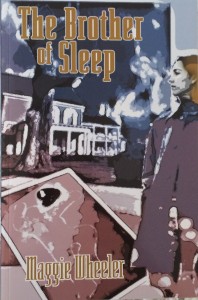 Farran Mackenzie couldn’t have been more surprised when Alison Perry walked into her University of Waterloo office. It had been thirty years since she had last seen her best friend in high school, and thirty years since her best friend’s father, a police officer, had been killed in the line of duty. And now Alison was asking for help in discovering who had really killed her father.
Farran Mackenzie couldn’t have been more surprised when Alison Perry walked into her University of Waterloo office. It had been thirty years since she had last seen her best friend in high school, and thirty years since her best friend’s father, a police officer, had been killed in the line of duty. And now Alison was asking for help in discovering who had really killed her father.
Farran has doubts about helping her long-lost friend. A lifetime has passed since Alison walked out of her life with no explanation but doubt fades when a car bomb results in the death of Sergeant Perry’s old partner, nearly killing Alison and Farran, as well. Someone obviously doesn’t want them to dig up old skeletons, so Farran takes them to the only place she feels save ─ the St. Lawrence Seaway. But the past keeps catching up with them there, too. A fated meeting in the local cemetery with Paul Vaughn, a police officer from Newfoundland, has Farran revisiting the origins of the St. Lawrence Seaway, a journey that turned her own life upside down only a year ago, and threatens to do so again. She feels a strange attraction to Paul, whose life seems to mirror her own, but what about Jerry Strauss, the OPP inspector to whom she owes so much? Too many police officers in her life, both past and present, and too many coincidences. Farran’s heart if playing havoc with her instincts, which could prove dangerous, if not deadly. Whom can she trust? And is the truth worth the price of knowing?
All Mortall Things
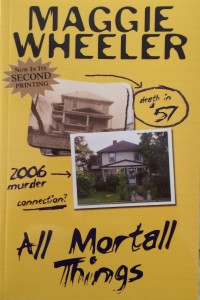 Inspector Jerry Strauss does not believe in ghosts.
Inspector Jerry Strauss does not believe in ghosts.
As commander of the Stormont-Dundas-Glengarry detachment for the Ontario Provincial Police, he deals with facts, not fancies. But he and Sterling House, now a B&B in Ingleside, have a long history, going back to his childhood when the house was a private home in the Lost Villages of Wales. As a boy, things weren’t quite so black and white, and both the home and the village had an unearthly air that last summer before the flooding of the St. Lawrence Seaway caused the house to be moved and the village to disappear forever. Death came to the house then, and now death has returned, nearly fifty years later. Jerry Strauss soon discovers he’s connected to both. If she were there, Farran Mackenzie would tell him to listed to the house. Inspector Strauss isn’t sure he wants to hear what it has to say.
On a Darkling Plain
 So much for a summer of light emotional entertainment. In the month marking fifty years since the inundation of the St. Lawrence Seaway, the remains of a young man gone missing during the Project days surface near Old Iroquois and stir up a hornet’s nest on both sides of the river. While dodging a cold-blooded killer, her approaching fiftieth birthday, and emotional commitment to Inspector Jerry Strauss, Farran Mackenzie faces reconnecting with the daughter she gave up twenty-six years before ─ and the dark secret that drove them apart in the first place.
So much for a summer of light emotional entertainment. In the month marking fifty years since the inundation of the St. Lawrence Seaway, the remains of a young man gone missing during the Project days surface near Old Iroquois and stir up a hornet’s nest on both sides of the river. While dodging a cold-blooded killer, her approaching fiftieth birthday, and emotional commitment to Inspector Jerry Strauss, Farran Mackenzie faces reconnecting with the daughter she gave up twenty-six years before ─ and the dark secret that drove them apart in the first place.
Paperback versions of these books can be bought directly from the author at maggiewheeler.com.
E-books will be available soon.
About Maggie Wheeler
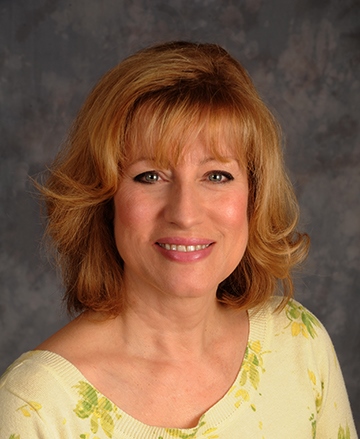
As author and historian, Maggie Wheeler has spent over a decade showcasing the social, cultural and psychological impact of the St. Lawrence Seaway and Power Project on Canadians affected. She is the author of the regionally best-selling “Lost Villages” historical murder mysteries, which have garnered a nomination for the Ontario Premier’s Awards for the Arts, an Ontario Provincial Hansard, and the “people’s choice” Seeker’s Award for Literary Artist of the Year 2013. The series has been used to teach English and history from intermediate to post-secondary levels in Eastern Ontario and Upper State New York. Since 2001, her work with the Seaway history has kept Maggie on the public speaking circuit and in the media at local, regional, national and academic levels. Her most recent contribution is the “Lost Villages” article for Historica Canada’s The Canadian Encyclopedia—the official national online resource for all things Canadiana.
Find out more at www.maggiewheeler.com.








